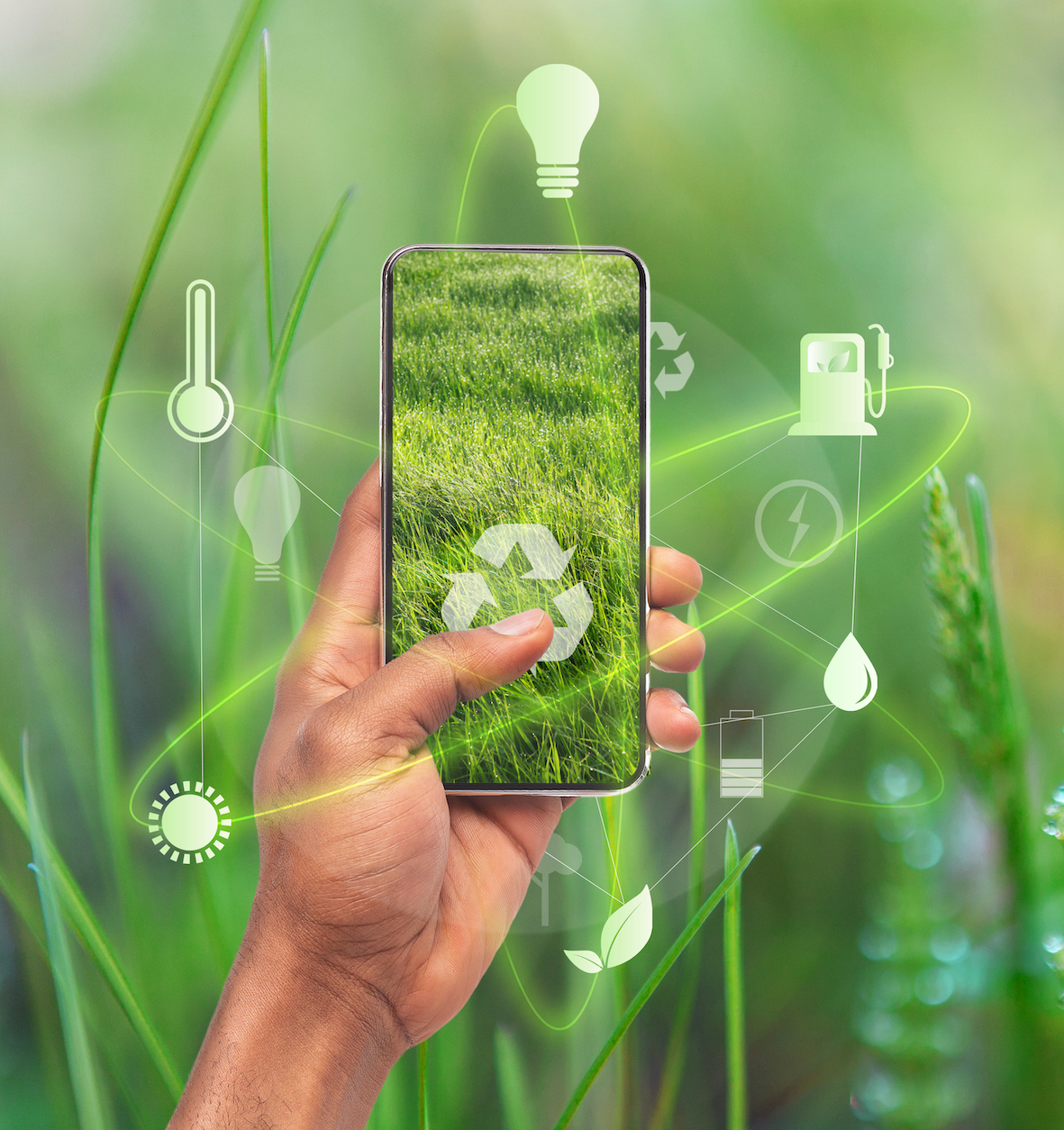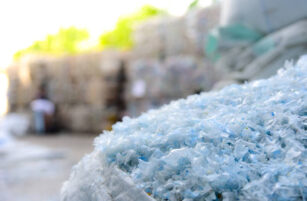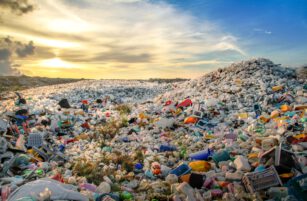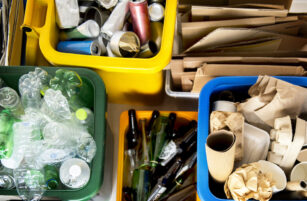
- App-based platforms and cryptocurrencies are an emerging trend in recycling.
- Gamification promotes engagement but is difficult to scale.
- Could blockchain become a key tool in sustainable supply-chain management?
The Recycling Challenge
Plastic has many virtues: it’s flexible, hard-wearing, resilient, hygienic and can be put to a variety of different uses. However, the problem with plastic is that it often presents a recycling challenge; just 9% of virgin plastics produced worldwide are recycled, for a variety of reasons.
One is the issue of effective and efficient plastic collection that prevents viable plastics from ending up in an incinerator or landfill.
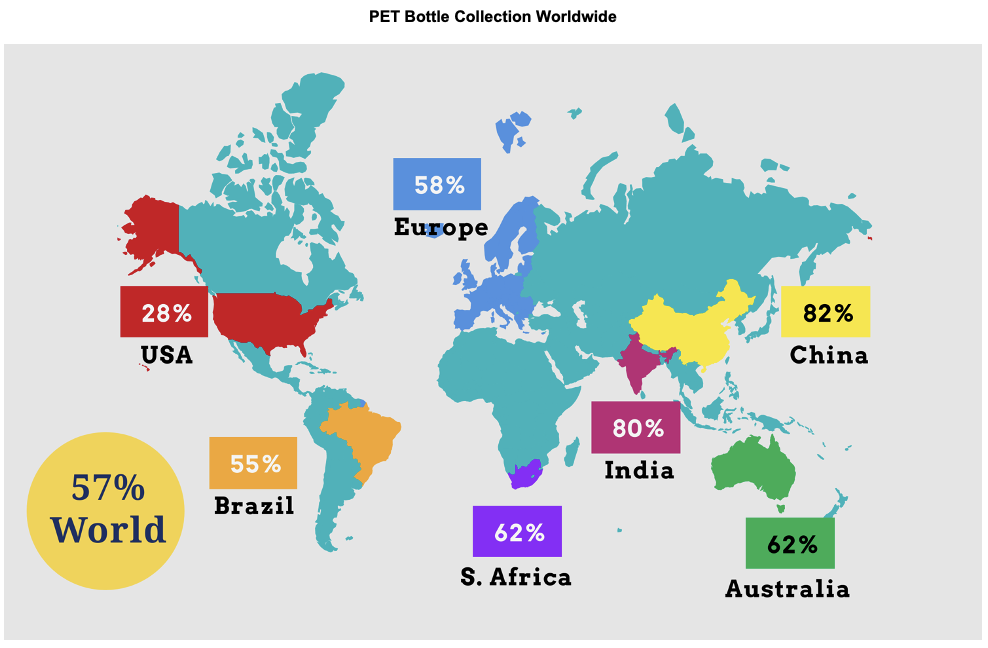
Source: Czapp
Collection rates in some geographies have stagnated in recent years, complicated by the COVID pandemic. For example, growth in US recycling rates have plateaued over the last five-to-six-year period, dipping to just 27.9% in 2019. Also, with the temporary closure of some recycling facilities and limitations on curb side collections over the last year due to pandemic, the recycling industry has struggled to grow.
At the same time, demand for recycled material to meet brand requirements and mandated regulations has never been higher. So, what is needed to bridge this divide and ensure future supply can meet requirements? Well, a significant part of the equation is innovation and technology.
A Reward for Recycling
Recycling app, Zeloop, is a blockchain-based platform that rewards users with a proprietary cryptocurrency for engaging in recycling activities. By engaging in recycling activities, users earn Eco Reward tokens (ERW) that can then be used to access discounts on corporate sponsor products. The app is constantly being improved as users enter information on local deposit points, for which they earn ERWs.
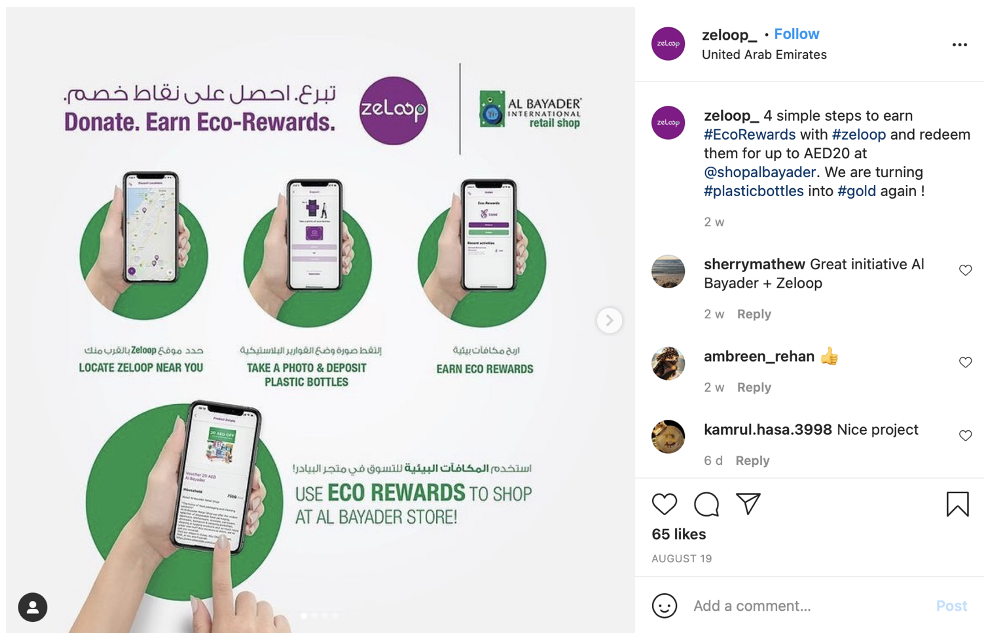
Eco Missions allow companies to get involved, offering prizes such as luxury hotel stays and high-end electronics; in one such mission, a participant collected 6,000 bottles in one month. The app’s founders describe current inefficiencies in the collection of plastic waste as akin to “throwing away gold,” and it seems users agree, given the success of the 2020 pilot program in the UAE. Zeeloop has now launched its first US pilot in Erie, PA.
Blockchain Fosters Traceability
Blockchain isn’t just confined to cryptocurrencies and is also being incorporated into traceability solutions for the recycling industry. Circulor, a sustainable supply chain management firm, has announced a partnership with TotalEnergies and Recycling Technologies to develop a blockchain-based solution that gives clients greater visibility across waste plastics supply chains.
The Trackcycle project is supported by funding from Innovate UK and comes ahead of the new UK plastic tax that mandates a 30% minimum recycled content. The UK plastic tax is due to take effect from April 2022.
The Next Step: Scalability
Recyclan, an exciting innovator within the RPET market, has also previously found success using tech-enabled approaches to recycling and collection. Launched in 2018, Recyclan set out on a mission to reduce the amount of plastic waste in Nigeria. Much like Zeloop, Recyclan incentivises people to recycle by providing cash rewards and other perks, such as free coffee, through a mobile app and SMS service.
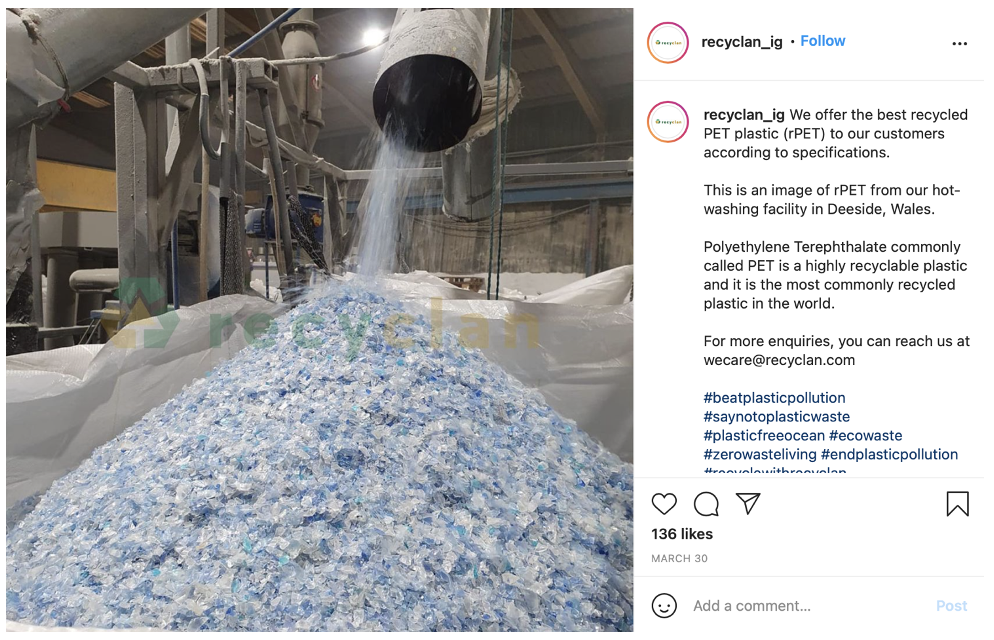
According to Molawa, technology has a massive role to play in recycling, but the company’s experience has also shown that collection driven by gamification alone is difficult to scale up.
At present, Recyclan has four European production sites that process around 2,000 tons/month of hot-washed RPET flake, supplied by a semi-processed feedstock from its own operations in Nigeria. Recyclan is also currently in the process of expanding collection trials within other sub-Saharan African countries, including Ghana, Ethiopia, Tanzania, Kenya, and Mozambique.
Concluding Thoughts
- Although challenges may exist in scaling some app-based approaches, there are similarities with traditional deposit return schemes (DRS) that incentivise collection through monetisation and other rewards.
- Given the existence of mobile shopping apps and reward schemes, could we see stores and supermarkets adopt a hybrid-crypto approach or additional gamification to boost recycling rates?
- Hand in hand with attempts to generate greater supply of recycled plastic are efforts to reduce waste and contamination.
- As the scramble for recycled material intensifies, transparency around supply chain management will undoubtedly come into greater focus.
- Blockchain approaches to traceability will likely become a key tool in developing approved standards with the potential to make a substantial impact on the future of the industry.

Other Opinions You Might Be Interested In…
Explainers You Might Be Interested In…

